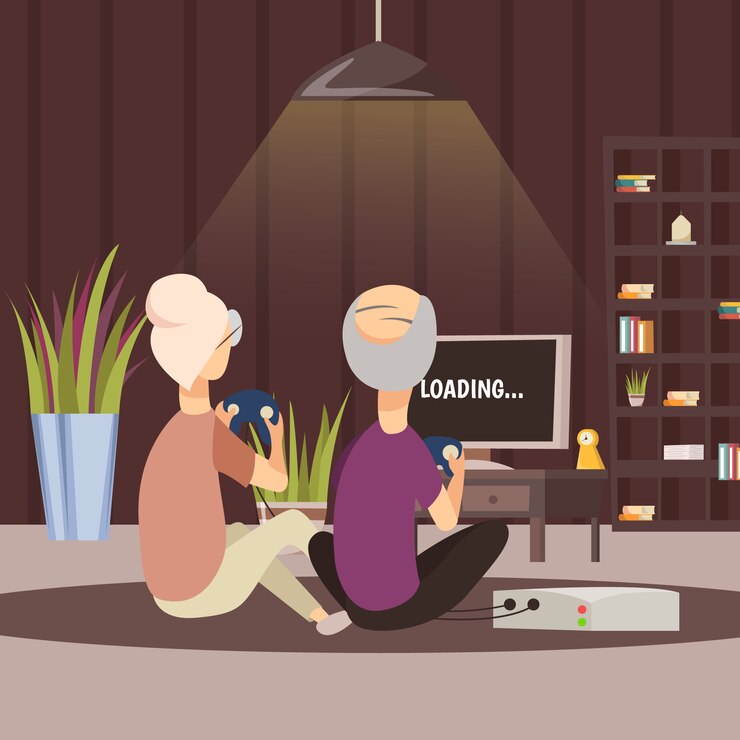
Understanding Stroke Treatment: Medications, Surgeries, and Rehabilitation
A stroke is a serious medical emergency that requires prompt treatment to minimize damage to the brain and improve outcomes. Fortunately, there are various treatment options available, including medications, surgeries, and rehabilitation, that can help stroke survivors recover and regain function. Let’s explore these treatment options in simple terms.
1. Medications:
- Clot-Busting Drugs: If the stroke is caused by a blood clot blocking an artery in the brain (ischemic stroke), clot-busting drugs like tissue plasminogen activator (tPA) can be given intravenously to dissolve the clot and restore blood flow.
- Antiplatelet Drugs: These medications, such as aspirin or clopidogrel, help prevent blood clots from forming and reduce the risk of another stroke.
- Anticoagulants: For certain types of stroke, especially those caused by atrial fibrillation, anticoagulant medications like warfarin or direct oral anticoagulants (DOACs) may be prescribed to prevent blood clots.
2. Surgeries:
- Thrombectomy: In some cases of ischemic stroke, a procedure called thrombectomy may be performed to physically remove the blood clot from the blocked artery, usually using a catheter-based approach.
- Carotid Endarterectomy: If the stroke is caused by narrowed carotid arteries supplying blood to the brain, surgery may be recommended to remove the plaque buildup and restore proper blood flow.
3. Rehabilitation:
- Physical Therapy: Physical therapists help stroke survivors regain strength, balance, and coordination through exercises and mobility training.
- Occupational Therapy: Occupational therapists assist with relearning daily activities such as dressing, bathing, and cooking, adapting the environment for safety, and improving fine motor skills.
- Speech Therapy: Speech therapists help stroke survivors overcome communication difficulties, such as speaking, understanding language, and swallowing problems.
Conclusion:
Stroke treatment involves a combination of medications, surgeries, and rehabilitation efforts tailored to the individual’s needs. With timely intervention and comprehensive care, many stroke survivors can achieve significant improvements in function and quality of life.
To seek medical advice, always consult a Doctor. Here are our recommended experts. Click here
To read more on Stroke. Click Here


